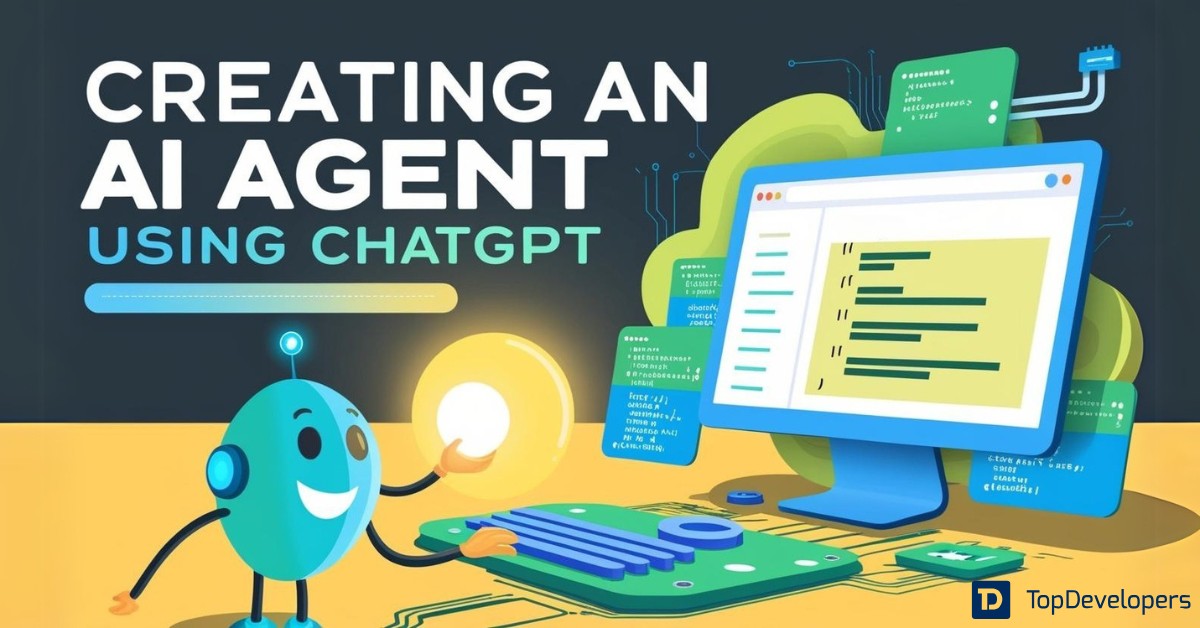
How to Create a Custom WordPress Blog Post Template
Estimated reading time: 6 minutes
Key Takeaways
- Custom post templates make your WordPress posts more engaging and visually appealing.
- Templates can display featured images, authors, dates, categories, and excerpts above the main content.
- Both code-based and block editor approaches are available and easy for beginners and experienced users.
- Theme blocks and template parts allow flexible layout designs without coding.
- Choosing the right method and customizing blocks is essential for a unique blog experience.
Table of contents
Why Custom Post Templates Matter
*“Design is not just what it looks like and feels like. Design is how it works.”*—Steve Jobs
Custom templates allow your WordPress blog to stand out, improve readability, and highlight critical elements like your featured image and author information. They make posts more memorable and can help build a brand identity. You may wish to tailor templates for different styles—guides, listicles, or interviews—for a richer reader experience.
Block Editor vs. Code Methods
There are two main ways to create a custom post template in WordPress:
- Block Editor: Use theme blocks to visually design your template—no coding required. This is ideal for beginners.
WordPress Theme Block Guide
- Block Editor: Use theme blocks to visually design your template—no coding required. This is ideal for beginners.
- Code Approach: Add a PHP template file to your theme’s directory for deeper control.
How to Code a Post Template
Template Features to Consider
- Featured image—visually catches attention at the top.
- Post title and link—readers navigate to full posts easily.
- Author info—builds authenticity, with or without avatar.
- Publication date—shows freshness.
- Categories/tags—aid in sorting and discovery.
- Excerpt—provides quick context.
Building Your Template Step-by-Step
Ready to start? Let’s break it down with both block and code strategies.
Block Editor (No Code Needed):
- Open the template editor for posts. Add blocks for featured image, post title (link enabled), author (optionally hide avatar), date, categories, and excerpt.
See Full Site Editing Template Parts
- Open the template editor for posts. Add blocks for featured image, post title (link enabled), author (optionally hide avatar), date, categories, and excerpt.
- Example block markup:

How to Build an AI Agent with ChatGPT: Step-by-Step Development Guide
Learn how to build an AI agent with ChatGPT from planning to deployment. This step-by-step guide covers architecture, function/tool calling, RAG, Python code examples, testing strategies, deployment tips, and real-world use cases.How to Create a Custom WordPress Blog Post Template Estimated reading time: 6 minutes Key Takeaways Custom post templates make your WordPress posts more…
- Save your new template, apply it to posts, and enjoy the result!
Code Approach:
- Create a new PHP file in your theme (e.g., my-custom-template.php). Begin with:
<?php /*
Template Name: My Custom Post
Template Post Type: post
*/
get_header();
if ( have_posts() ) : while ( have_posts() ) : the_post();
the_title();
the_content();
comments_template();
the_post_navigation();
endwhile; endif;
get_sidebar();
get_footer();
?>
Remember, you can mix-and-match blocks for endless layout variations—guides, news items, interviews—and revisit your template anytime for tweaks.
FAQ
- Can I create templates without writing code?
Yes! WordPress’s block editor lets you build custom layouts visually. Just drag, drop, and publish.
More info: ThemeIsle block template tutorial
- Can I create templates without writing code?
- How do I apply my template to posts?
After creating your custom template, select it from the Template panel in the post editor and publish. You can switch templates on individual posts as needed.
- How do I apply my template to posts?
- What elements should a blog post template include?
Featured image, post title (linked), author, date, categories, excerpt, and main content are recommended for engaging structure.
- What elements should a blog post template include?
- Can I customize templates for different post types?
Absolutely. Assign different templates to guides, news, and more—each post type can have its own unique design.

